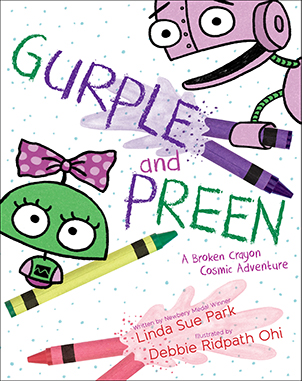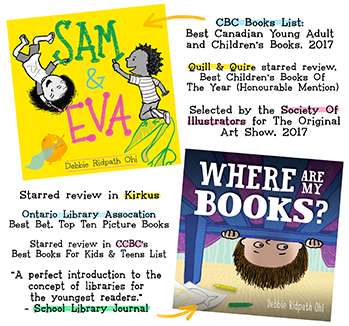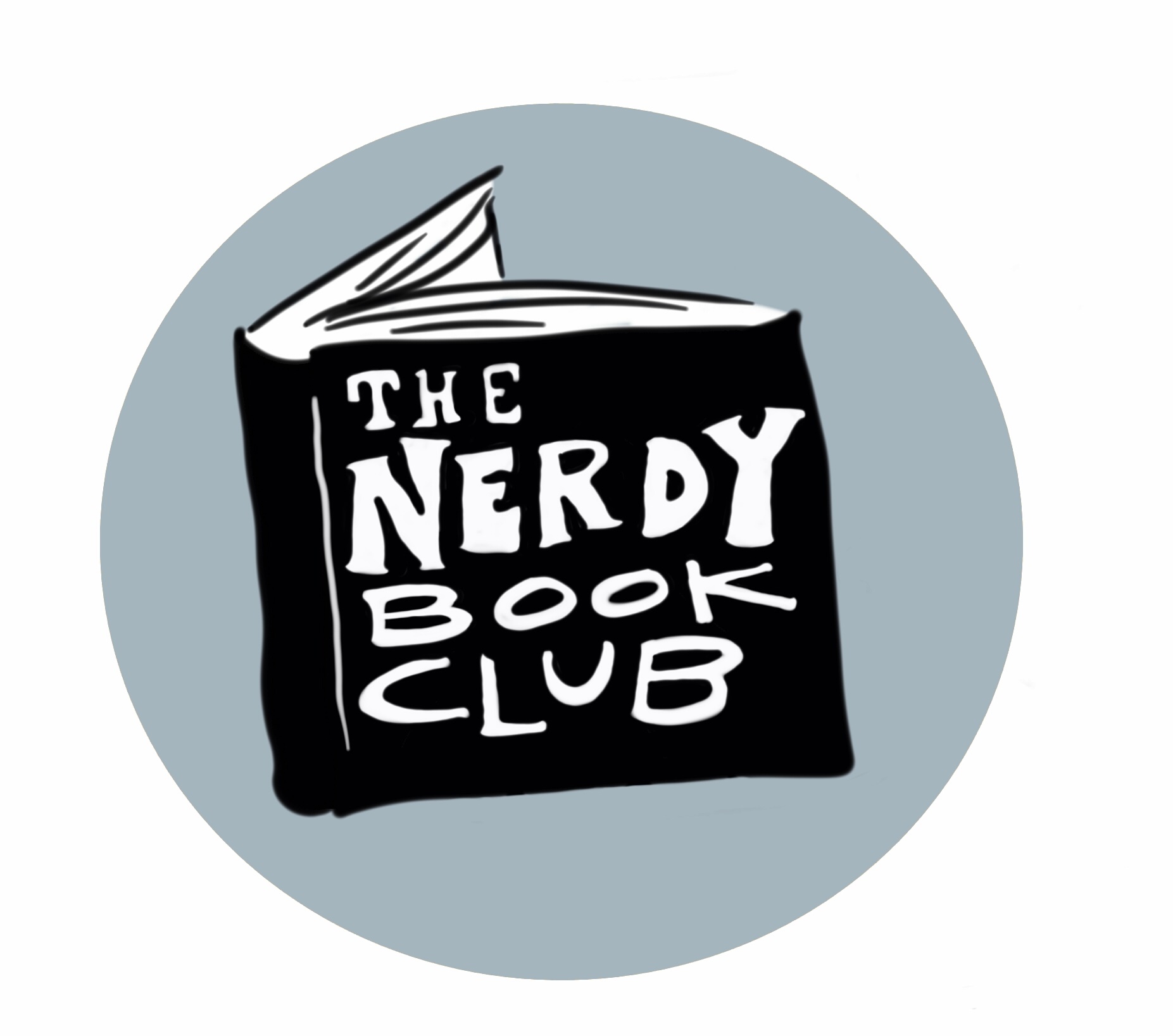Book-Buying Poll Results: Content is king, whether a book is self-published or not
I had originally intended for this to be a quickie poll in my series of Informal Surveys/Polls About Writing, Reading and Publishing but realized that for a topic like this, there is no such thing as a quickie poll. The topic is clearly a pretty sensitive subject, and some people automatically assumed that I was out to discredit books that had been self-published. Yikes.
For the record, I have bought self-published books. Some were very good (like Cheryl Rainfield's YA novel, Parallel Visions, and Galleycat recently listed some top children's books by indie authors) and some were not so good. I am going to be self-publishing a compilation of my writer comics (my agent at Curtis Brown is helping me with this).
I know there are many out there who sneer at those who self-publish, but I am not one of them. As I said, there are some very excellent self-published books. But there are also many, many bad self-published books. Overcoming that stigma will be a challenge for indie authors until there are easier and better-known ways to separate the good from the bad.
The "Us vs. them" hostility (on both sides of the equation) frustrates me. It's not productive, it sparks flamewars, it only widens the gap between those publishing with traditional houses and those who go the indie route. The truth is that more writers are starting to experiment with doing both. It's a choice.
And whether you choose to go indie or traditional with any particular book, your focus should always be on quality content. There are many good resources online to help; please feel free to post suggestions below. NOTE: I will not tolerate flamewars in the comments section so if you post a hostile or abusive message, whether pro- or anti- indie publishing, I WILL REMOVE IT/NOT APPROVE IT FOR POSTING.
But on to the poll results....
I knew when I posted the poll that the results would probably skew toward those who already had an interest in self-publishing (whether positive or negative). However, I was mainly curious about the people who bought a book they knew was self-published (and DIDN'T know the author/illustrator), and why they did so....I figured the results would give some useful info about book discovery, and that info could help indie authors.
However, some pointed out that some self-published books out there that don't LOOK self-published, so how would people KNOW if they had bought a self-published book? Also, some pointed out my poll answer choices didn't cover the scenario where a traditionally published author decided to go the self-publishing route. I'm sure there were many other situations that my limited yes/no type of choices didn't cover.
With the above in mind, here are the results of my poll:
141 people participated in the poll and of these, 78% said they had bought a self-published book.
Of those who bought a self-published book, 42.5% said they made the purchase because they knew the author and/or illustrator, and wanted to support them.
I was mainly interested in the remaining 57.5%, who had bought a book but weren't familiar with the author and/or illustrator, or said that knowing the author and/or illustrator was not a factor in their purchase decision.
Of these purchases:
67.7% were digital, 27.7% were print and 3.1% were digital AND print. One person wasn't sure.
The most interesting part of the results, at least for me, were the reasons that people bought these books. Here are some of the reasons:
37.5% -- Word-of-mouth recommendations
31.3 % -- A review
20.4% -- The book was $2.99 or less.
10.9% -- The cover.
9.4% -- The book was free, so they figured they had nothing to lose.
Other reasons listed in the open-ended comments section, from most popular:
Liked the sample excerpt.
Non-fiction book about a unique topic.
Fan of the author. Author had traditionally published in the past but had decided to self-publish a new book or a sequel to a traditionally published series.
Story description or blurb intrigued them.
Amazon suggestion based on other books they had bought.
Fan of the author's blog.
Met the author in person or saw their presentation at a convention/in-store event.
Book recommended by publication or blog.
Book was subject of a controversy.
SUMMARY:
By far, most of the people who commented said that their book purchase decision was made because they liked the sample excerpt.
Second-most common reason: because the book offered them content they couldn't easily get elsewhere...in nonfiction, this involved a niche topic. In fiction, it was because an author they liked was offering more of his or her writing.
So in the end, people don't really care whether a book is self-published or not. What matters: quality content.
-------------
Also see my other Inkygirl Surveys and Polls about reading, writing and publishing.













 Thursday, May 23, 2013 at 6:24 AM
Thursday, May 23, 2013 at 6:24 AM
Reader Comments (7)
So glad to see this result! As the book industry changes, so do readers: they are smarter and more savvy than ever. Readers' voices and choices come through loud and clear in today's marketplace.
That quality is king reinforces my basic belief that good always, eventually, triumphs. Which means the Us/Them headset will continue to fade. Oh, and evil squirrels will go extinct. :-)
This is very interesting!
Do you think, on the fiction side, that this can also apply to people buying books that have a niche genre to them -- something outside what is usually accepted by editors/agents in that particular genre?
I'm asking because I, myself, write Fantasy, Sci-Fi and Contemporary, all with a humorous and light-hearted tone (think Pratchett). As such, I'm not exactly 'The Norm', which is why I took to indie publishing. It'd be cool to see people turn to indie publishing to get their fix for more niche genres!
Debbie--how great that you're going to self-publish your writer comics! I LOVE those comics, and I think there's a lot of writers and editors who'd be interested in reading them, in laughing at the humor and identifying with them. And you're right--content matters so much. Good, well written (and well drawn) content, edited professional, and a well-designed cover and layout. A well-designed (and written and edited) self-pubbed book looks professional, and can look and read (I think) as good as something from a publisher--but it needs a lot of work and editing. I think your writer comics in a book is a wonderful idea; I'd buy one! Actually, probably a few copies to give to friends. And thanks so very much for mentioning that you liked Parallel Visions; that was lovely of you! (hugging you)
Thanks so much for hosting this poll and sharing the results! I haven't read self-published fiction, mostly because I find the search process a little daunting. I already follow lots of great blogs that review more traditionally published fiction, so it's easy to get recommendations for what to read there. With self-pub, I feel like I have no idea where to find that quality content. I'm sure curating resources will become more prominent for self-pub as well, which will be a big help to readers who want to find those great stories.
Kathy: your comment about the squirrels made me laugh. :-D
Cheryl: I *loved* Parallel Visions. Such a great story! And thanks for the kind words about my comics. *hug back*
Thanks for this! Very interesting to read how people choose books. I guess the whole "word of mouth" thing never changes, no matter what format your book is in. I recently self-published my first middle grade novel, and although I've done others before it, this is different because the market is different. I hope that more authors will consider self-publishing, because it's an awesome way to get those books out there faster. Good luck on your collection of comics; can't wait to see it.
Happy trails!
bobbi c.
PRINCESS PRIMROSE and the CURSE OF THE BIG SLEEP
Hmmm, but, your poll is not a "scientific sample." By definition, it's readers of your site, i.e. people who still consider themselves "boys" and "girls," not adults. I'd guess you readership is mostly people between 13 and 20, with perhaps a few under 25?
What's not answered here is how on earth do people find "quality text?" If editors are not going to be the gate keepers -- the people who sort out the endless, mind-numbing chaff from the wheat -- then who are? The only self-pubbed stuff I've read in the past ten years has been written by someone I know, or recommeded by a well-establish blogger or other reviewer, i.e. someone who has reviewed dozens or hundreds of works, and who is not related to the author in question in any way.
Sorry, but I think a lot of people singing the praises of the self-pubbed stuff rarely read beyond the level of fan fiction, and can't tell bad writing from good. It's pretty hard to recognize a cliche when you're 14 years old -- everything's new at that point. (One way to tell a bad book is when the "positive" reviews for it are themselves badly written.)
I am sincerely interested in your answer to this question. How is someone who is well read, who doesn't have time to waste weeding through the slush pile, and who's studied literature, genre or "serious", going back over the past 100, or 200, or 1000 years, to find a worthwhile read that's self-published? What are the sources?